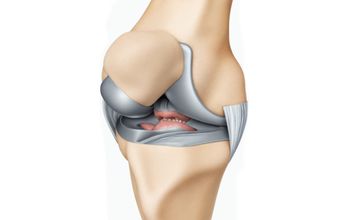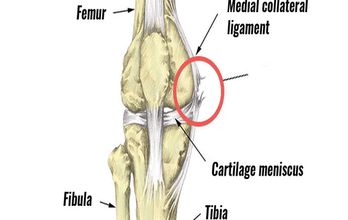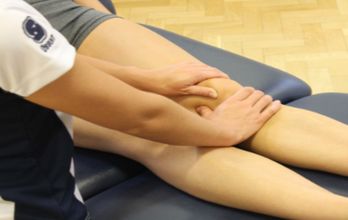Foot Surgery at RSU BaliMéd Negara
Foot Surgery at RSU BaliMéd Negara
Facility Services Available at RSU BaliMéd Negara
What you need to know about Foot Surgery in Bali
Foot surgery is performed to alleviate discomfort or restore the function of your foot or ankle. While many foot problems can be treated with more conservative treatments, foot surgery may be required if:
-
Other, non-surgical treatments, such as drugs, orthoses, and special footwear, have failed.
-
You experience severe symptoms affecting your life (such as persistent pain).
-
Your feet are quickly becoming deformed and your skin is affected.
There are numerous types of foot surgery for a wide range of food conditions. Your doctor can determine which surgical intervention may be helpful for your case.
What's the Recovery Time for Foot Surgery Procedures in Bali?
The recovery time varies from one person to another, depending on which condition you have, the severity of the condition, and the type of surgery you undergo. It may take weeks until you can resume your normal activities. You may need to wait around 3 to 6 weeks until you can get back to work (office job), but it may take longer for some extensive surgeries. For more complicated surgeries, it may take a full year of recovery. Remember that you need to increase the intensity and time of your activities gradually after all types of foot surgery.
What's the Success Rate of Foot Surgery Procedures in Bali?
The success rates for foot surgery depends on the type of food condition you have and the type of foot surgery you underwent. Foot surgery is a generally safe procedure with high success rates, especially when performed by experienced and skilled surgeons. Still, there are some risks and side effects that you need to be aware of, such as infection, bleeding, and overcorrection.













